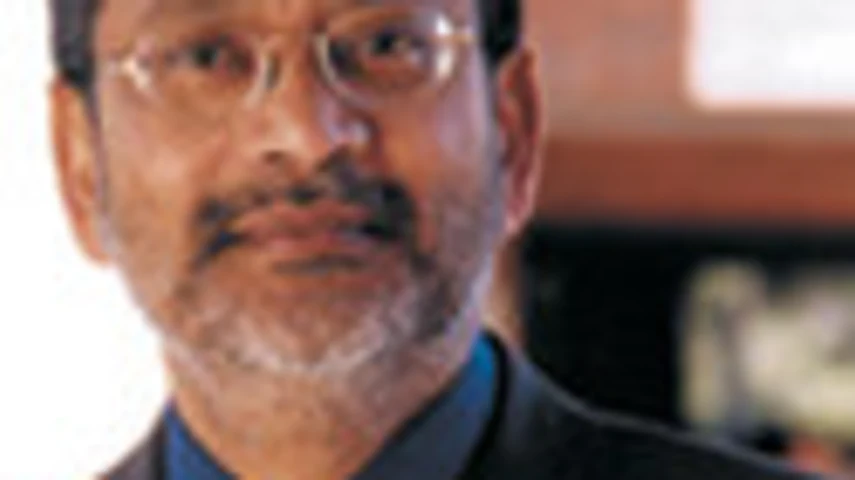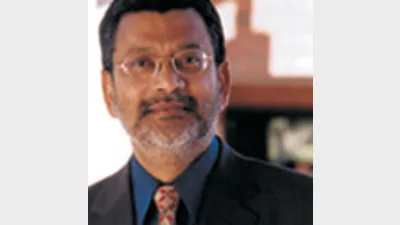Economies of scale drive Westscheme merger



Economies of scale and a focus on better outcomes for members led Westscheme to seek a merger with industry fund giant AustralianSuper.
It is becoming increasingly challenging for a fund to remain cost effective and the way ahead looks no easier, Westscheme chief executive Howard Rosario (pictured) said in a conference call announcing the merger yesterday.
A trustee has to ask if it should use member savings to build improved products and services and improve access to resources or if it could do better by accessing those features elsewhere, he said.
Rosario hoped to have the due diligence process completed by the end of April with a view to announcing successful completion of the merger by 30 June.
An important consideration of the merger was the creation of a Westscheme division of AustralianSuper that would allow west Australian services and operations, such as the call centre and account management division, to be maintained, Rosario said.
While AustralianSuper members will benefit from further increased scale, the biggest benefits from the merger will be seen by Westscheme members, according to AustralianSuper chief executive Ian Silk.
The two funds use Tower as an insurer and the biggest benefits will be seen around upgraded insurance definitions, Silk said.
As a result of the merger, 97 per cent of Westscheme members will see death and total and permanent disability cover increased by up to 36 per cent, he said.
There will also be improvements to auto acceptance levels and auto entitlement to income protection cover for current Westscheme members, reducing the need for underwriting, Silk said.
Recommended for you
AZ NGA has partnered with an Adelaide-based accounting and financial planning practice as it expands its presence in South Australia.
The central bank has released its decision on the official cash rate following its November monetary policy meeting.
ASIC has cancelled the AFSL of a Melbourne-based managed investment scheme operator over a failure to pay industry levies and meet its statutory audit and financial reporting lodgement obligations.
Melbourne advice firm Hewison Private Wealth has marked four decades of service after making its start in 1985 as a “truly independent advice business” in a largely product-led market.










